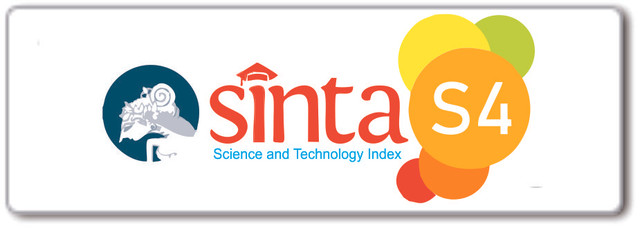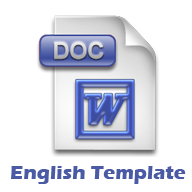The Influence Of Digital Learning Media And Achievement Motivation On Students' Basic Literacy Skills
Abstract
The goal of this study was to determine how student achievement motivation and the use of digital learning media affected primary school kids' literacy abilities. With a pretest-posttest control group design, this study is a quasi-experimental investigation. Three public elementary schools in West Pasaman Regency—SD Negeri 02 Pasaman, SD Negeri 03 Pasaman, and SD Negeri Pasaman—with a combined enrollment of 20 pupils each were used for this study. 60 students make up the sample in this study. Both tests and questionnaires were employed as data gathering tools. The following types of data analysis were used: the Normality test, the homogeneity test, the F test, the one-way ANOVA, and the follow-up test or Post Hoc. Results of the ANOVA test and statistical tests were calculated using the significance levels (sig.) = 0.000 and () = 0.05. This demonstrates that the rise in the N-gain score for literacy skills and the attainment of posttest scores differ. Digital learning tools have improved literacy skills by 79.28 percent (high category). This is better than traditional learning with a score of 52.77 including the medium category and learning with solely digital learning material in experimental class 2 with a value of 68.01 including the medium category.
























